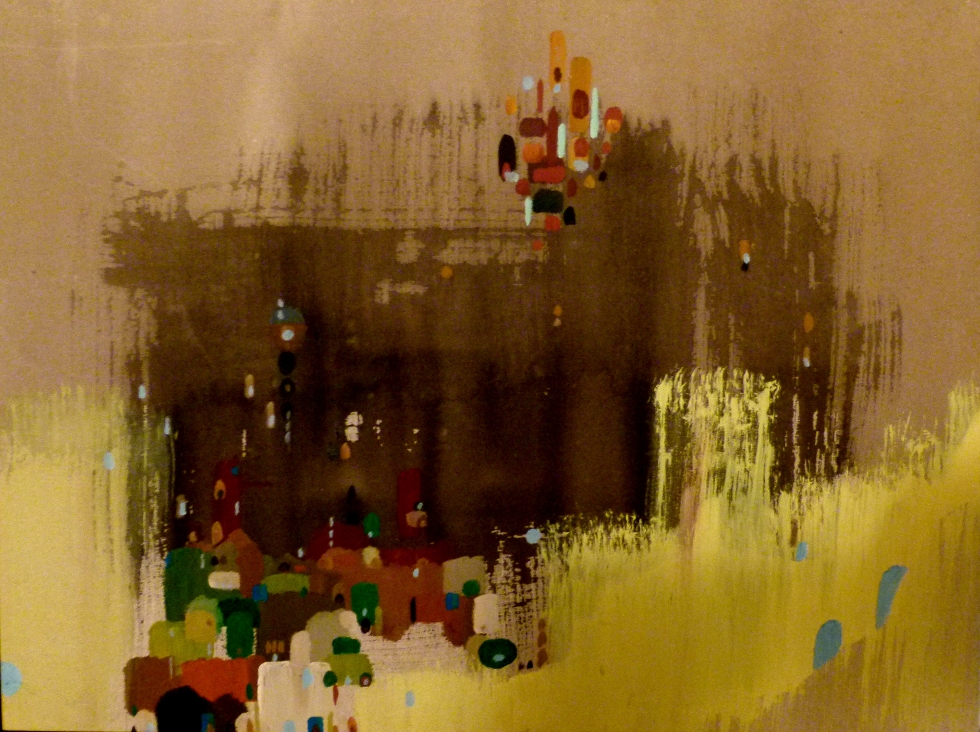Office of Religious Life
by Varun Soni

I understand spirituality as the contemplative and introspective process of answering the ultimate questions of meaning, purpose, and identity. According to this perspective, everyone is spiritual insomuch as everyone is deeply invested in the ultimate questions in their lives. The search for meaning and purpose not only defines us as humans, but also differentiates us as individuals, and I believe that our spiritual lives are intimately and intricately intertwined with our human identities. In this regard, I agree with the French theologian Pierre Teilhard de Chardin, who emphasized the primacy of spirituality for humans—“We are not human beings having a spiritual experience; we are spiritual beings having a human experience.”
As the dean of religious life at the University of Southern California, I oversee many programs, events, and opportunities exploring religious and spiritual life on campus. I often ask university students what they think the difference is between religion and spirituality, and most of the time, their answers focus on the notion that religion is for communities while spirituality is for individuals. My favorite response was from a computer science student, who likened religion and spirituality to close-source and open-source software systems, respectively.
Among this generation of university students, often called the millennial generation, many self-identify as “spiritual but not religious.” According to studies and polls, the millennial generation is less interested in traditional liturgy and religious dogma, and more interested in community service and spiritual exploration. They are also the first generation of students in American history to state consistently that finding meaning and purpose is a personal aspiration and a primary career goal, an approach that brings together the spiritual and the professional in their lives.
Accordingly, we have oriented the Office of Religious Life at the University of Southern California around “meaning” as opposed to “God.” As a result, we engage with our entire university community and not just those who self-identify as religious. We have also developed initiatives around spirituality and sports, spirituality and science, and spirituality and the arts. These combinations have enabled us to have conversations about the ultimate questions across many disciplines and university domains. Our shift recognizes the generational change in how Americans construct and imagine spirituality in their lives, and our programming specifically focuses on convening the unique spiritual and scholarly resources on our campus and in our city.